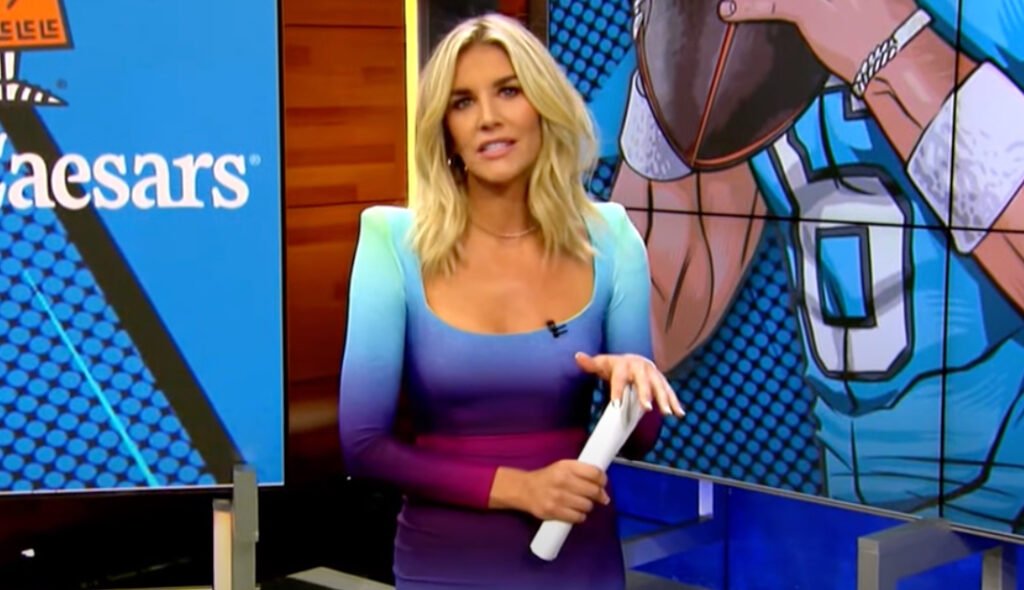
So, NFL sideline reporter and commentator was in a bad car crash recently. She happens to also be a spokesperson for Mercedes and was in one of their sedans. As you may see from photos, all her air bags went off following a crash in which an oncoming car turned left across her path and she had the right of way.
In Pennsylvania, the law on this is as follows: § 3322. Vehicle turning left.
The driver of a vehicle intending to turn left within an intersection or into an alley, private road or driveway shall yield the right-of-way to any vehicle approaching from the opposite direction which is so close as to constitute a hazard.
Left turn cases usually make good personal injury cases. Essentially, when you are driving along minding your own business and an oncoming driver turns across your lane of travel there is going to be a big impact because you had the right of way and no warning that there was about to be a car in your way. So, you are doing about 35mph and just come to a complete stop impaling the other car.
Usually, people break their sternum, break fingers, wrists or have other medical problems directly related to the crash that are rapidly appreciable by a hospital.
These crashes usually occur because the person in oncoming traffic guesses that your lane was clear of traffic but did not make sure of that. So, there was usually a car in the left lane blocking their view of you in the right lane. Guessing it was safe to turn, they cause you to crash into them. Pretty straightforward, right?
Here the law says shall yield. To lawyers, shall means MUST. Furthermore, a defendant in Charissa Thompson’s case would have to prove that her probably large black Merc was not close enough to pose a danger. The facts plainly disagree with that opinion, so the opinion probably ain’t worth too much right?
In medical malpractice cases, the easiest cases are ones where a bile duct or nerve or ureter or artery was cut and should not have been cut. Basically, the cross in those cases is you should not just blindly cut things, correct? The same is true here. You should not have turned across oncoming traffic until you could see that it was safe to do so, correct?
Occasionally and I mean rarely because it looks stupid, defendants will say that they did check to make sure the roadway was clear and that it was safe to turn. I am working on a case where the turning driver claimed to have had an unobstructed view for 100 yards of the lane of oncoming traffic, but turned across it anyway. That was an inexperienced driver situation. If you say that you looked and 100 yards was clear and then you turned and it was not clear, either you are fibbing, which I frown upon, or the other car was going 300 miles an hour. It simply is not believable. Nobody who drives regularly will believe the fibbing driver.
In those situations, their lawyer, provided by their insurance company, has likely explained that they can say whatever they want but it will not be believed. Further, the defendant driver will say, I looked left, looked right, looked left, and then proceeded. Every word gets less and less believable when you have a big impact like this.
I am usually working on two or three left turn cases during the year and they are often truly devastating impacts. Sometimes, the insurer will bring up the speed at which my client was traveling, but it is usually hard to determine and the left turning car is so obviously at fault to render any comparative negligence largely irrelevant.
I am currently working on a case involving a left turn resulting in a fatality. There is a grainy surveillance video of the crash in the distance. The insurer may argue that my client was speeding, but the penalty for speeding is a $150 ticket, not death. In personal injury law, where death is the injury, it is very, very difficult for a defendant or their insurer to argue that my client bears full responsibility for a crash where he died. This is even more true where the offending driver was making a left turn. So, more often than not, policy limits should be offered in those sorts of situations by a prudent insurer. We shall see how that one turns out.
